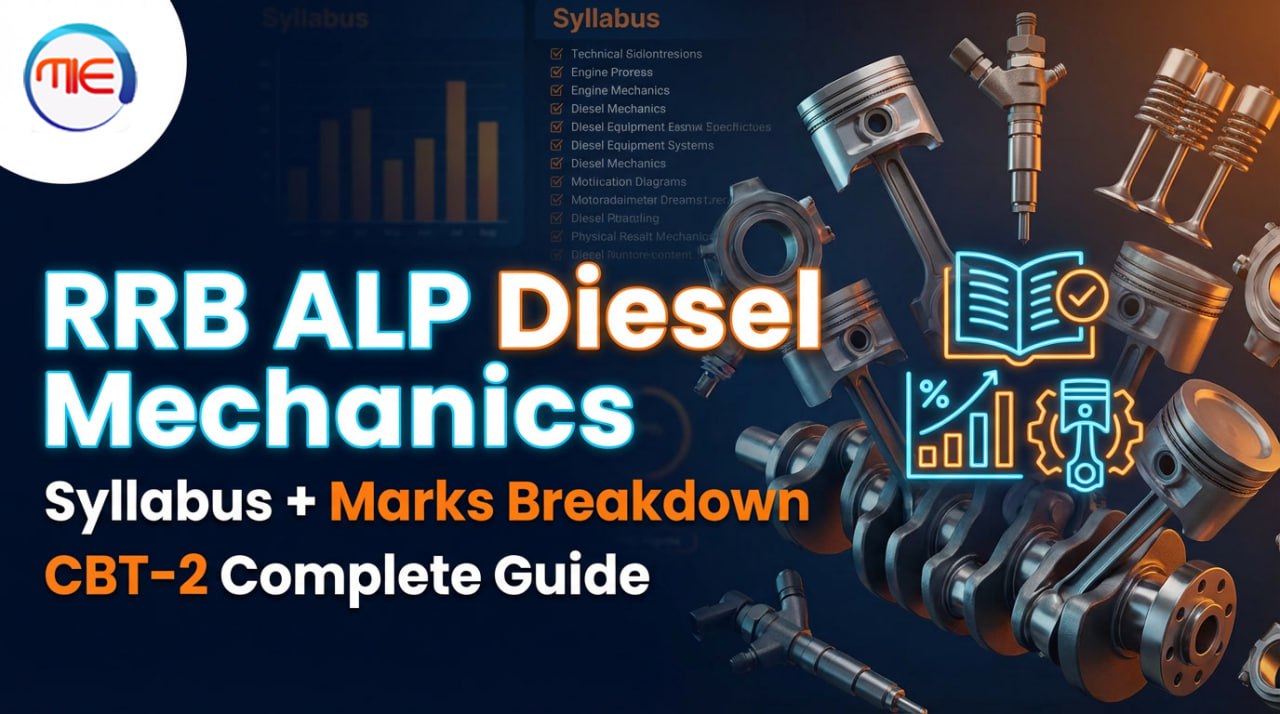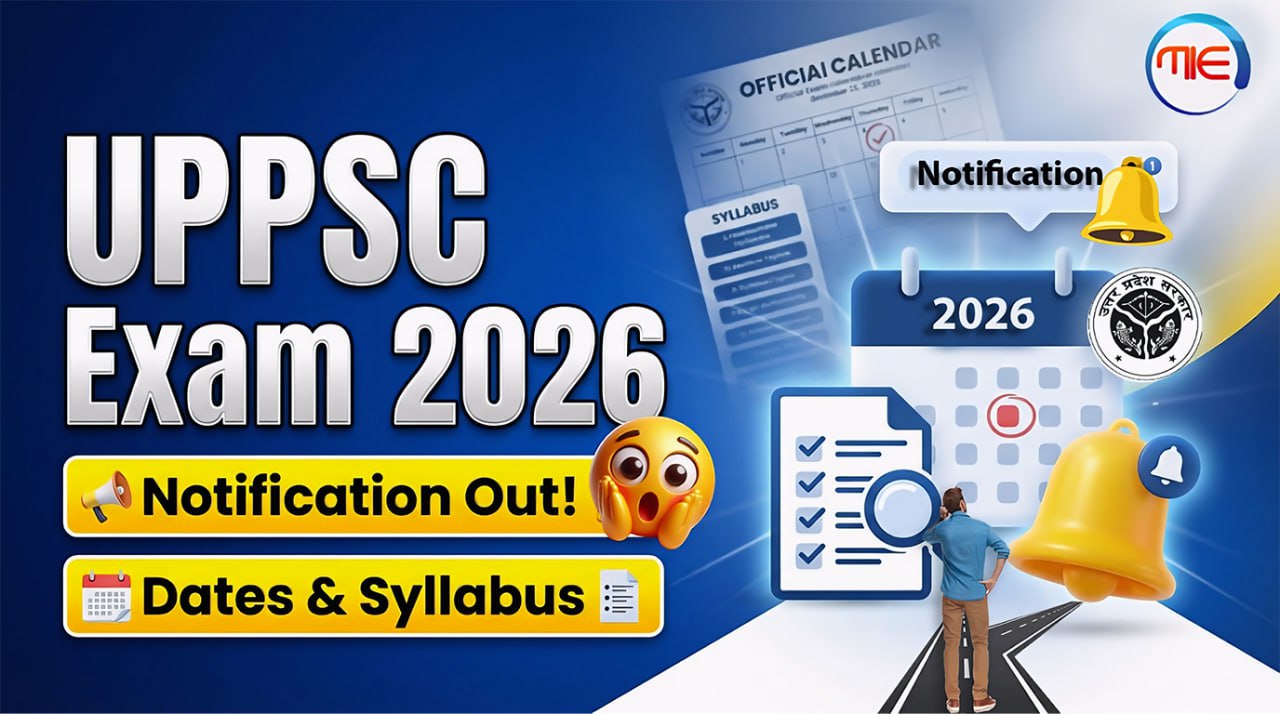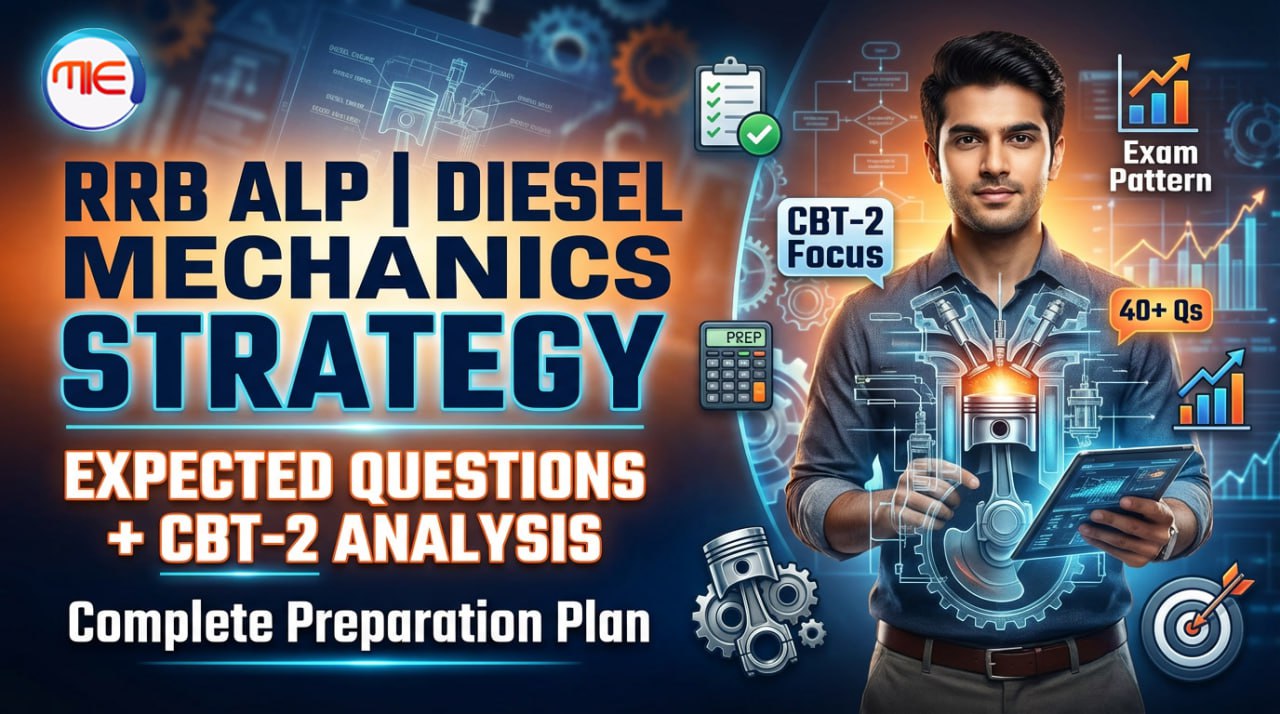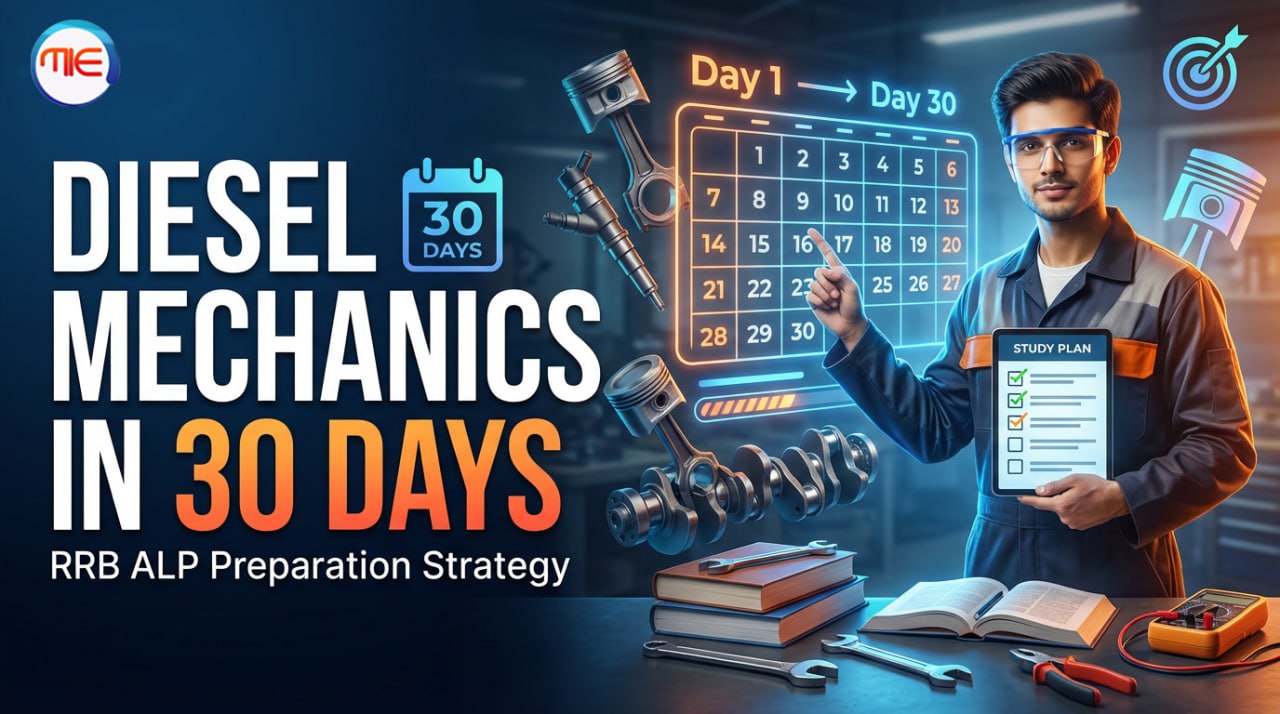Preparing for the RRB Technician (both technical and non-technical) exam can feel overwhelming—there’s so much syllabus to cover: mathematics, reasoning, science, engineering, awareness, and computers. The right books can make all the difference. This guide unveils the top-rated and highly recommended RRB Technician books for 2025, arranged by section to help you strategize effectively.
| Book Title | Author | Highlights |
|---|---|---|
| Quantitative Aptitude for Competitive Examinations | R. S. Aggarwal | Widely praised for its comprehensive concept explanations and practice questions—ideal for arithmetic, algebra, geometry. |
| Mathematics for School Students | R. D. Sharma | A concept-led approach targeting foundations with school-level explanations. |
| The Joy of X: A Guided Tour of Math | Steven Strogatz | Offers a refreshing, intuitive exploration of math—excellent for conceptual clarity. |
A Modern Approach to Verbal and Non-Verbal Reasoning – R. S. Aggarwal
Analytical Reasoning – M. K. Pandey
How to Pass Verbal Reasoning Tests – Mike Bryon
General Science – P. S. Verma
NCERT Science for Class 9 (Parts 1 & 2): Physics, Chemistry, Biology basics
Manorama Year Book – Mammen Mathew
Pratiyogita Darpan – Upkar Prakashan
Lucent’s General Knowledge – Arihant Experts (broad GK coverage)
Fundamentals of Physics – Halliday, Resnick & Walker
Engineering Mechanics – S. S. Bhavikatti A Textbook of Engineering Mathematics – N. P. Bali & Manish Goyal
RRB Technician Grade-III Practice Book – Youth Competition Times (15 full sets for Maths, Reasoning, Science, Awareness)
Grade II Study Material & Question Bank + Computer Knowledge – YCT Expert (848 pages)
Comprehensive syllabus coverage—they match the official RRB exam pattern.
Conceptual clarity + practice—text theoretical explanations lead to thousands of MCQs and solved examples.
Latest editions—books from 2024-2025 ensure updated content aligned with recent exam trends.
Understand the syllabus & exam pattern – Emphasize weak areas.
One subject at a time – Alternate between theory and practice daily.
Daily mock tests & past papers – Strengthen speed and time management through regular timed tests.
Stay updated – Follow The Hindu or Manorama for current affairs.
Revision – Weekly reviews with notes or flashcards ensure retention.
Q: Are there separate books for technical vs non-technical sections?
A: Yes. Technical books cover engineering and computer fundamentals, while non-technical books include math, reasoning, science, and awareness.
Q: Can I rely solely on one author like R. S. Aggarwal?
A: Aggarwal is excellent for math and reasoning, but you’ll need other authors (Verma, Halliday, Lucent, YCT) to cover science, engineering, and practice sets.
Q: How often should I practice mock tests?
A: Minimum one full-length test weekly; increase frequency in the final months to 3–4 per week.
Choosing the right books—like Aggarwal for reasoning, Halliday for physics, Verma for science, Lucent for awareness, and YCT for mock practice—lays a strong foundation. Use this guide to build your 2025 study plan, alternating learning with testing, and consistently improve.
➡️ Ready to start? Pick your preferred books today, schedule your study sessions, and monitor progress with weekly tests.

Makeiteasy










Leave a Comment